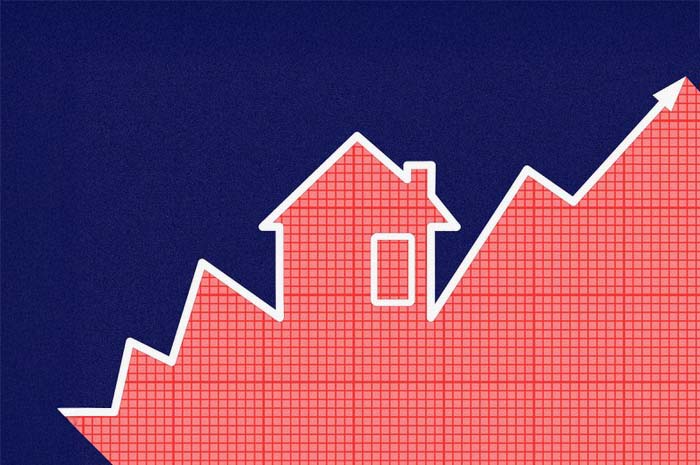Market Insight for March 21

The Toronto real estate market has entered the spring season with a noticeable slowdown, driven largely by economic uncertainty surrounding tariffs and other global factors. Historically, spring is one of the busiest times for real estate transactions in the city, as buyers and sellers are eager to take advantage of favourable weather and school-year timing.
The uncertainty is making buyers more cautious and less willing to make quick purchasing decisions.
Sellers, too, are feeling the pressure, as they are not receiving the same level of interest from buyers that the market typically sees during the spring. This hesitation from both sides is causing a ripple effect throughout the market, slowing down transactions and leading to longer times for some properties to sell. Predominately in the condo market.
As a result, the number of sales has declined compared to previous years, and many properties are experiencing price reductions in an effort to attract buyers. The once-competitive bidding wars are less common, as potential buyers are being more selective and are weighing their options more carefully before making any commitments.
In this environment, real estate agents and sellers are having to adjust their strategies. Some open houses are less crowded, and marketing efforts are being tailored to address the concerns of buyers who are more reluctant to make offers. For many, the uncertainty surrounding tariffs remains a significant element impacting the Toronto real estate market this spring.
These tariffs, or potential tariffs, would be focused on industries that are concentrated in Southern Ontario. And so, notwithstanding lower borrowing costs as we move through the year, people are going to need to be certain that they’re going to retain their employment. At this stage, people are taking a wait-and-see attitude.
Things are expected to stay buyer-friendly as the year progresses, with TRREB (The Toronto Regional Real Estate Board) forecasting a “well-supplied” market and moderate price growth compared to 2024.
“Our baseline is some 76,000 transactions within the GTA for this year. So that’s low from an historic perspective on an annual basis, and certainly much lower than the record that we saw back in 2021 where we had over 120,000 transactions,” says TRREB’s Chief Market Analyst Jason Mercer. “And there’s a reason for that, obviously. First and foremost, we’re still seeing boring costs elevated and our polling suggests that there’s still a lot of would-be homebuyers that need to see more relief in the way of rate-cuts.”
The market has been unseasonably quiet, but there are bursts of activity and proof that demand is alive and well.
What is selling are the homes that stand out. Meaning those that are staged beautifully, professionally photographed and videoed, extensively marketed with print and digital advertisements on social media. Buyers are very savvy and if the home looks good the buyers come out in droves, but if it doesn’t, they just don’t.
In any case, what we’re seeing are clear signs of pent-up demand. Just because people aren’t rushing to buy, doesn’t mean they don’t need or want to buy.
People falling in and out of love, having a baby, getting divorced, having their parents move in with them, having their kids move out, all of those things that trigger real estate transactions are still happening when the market is quiet.
So, when the market breaks, it will be like a bottleneck of buyers and sellers all trying to make their moves at once.